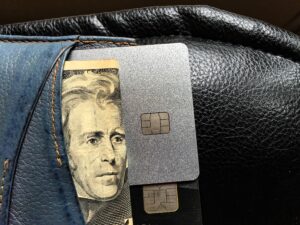Personal Finance
Empowering Your Financial Journey. Expert Advice and Practical Tips.
Embark on your path to financial empowerment with Uber Finance. Gain expert wisdom, practical tips, and key resources on personal finance, retirement planning, and investment strategies.
Join Our Newsletter
Get updates on the latest news right in your inbox!










